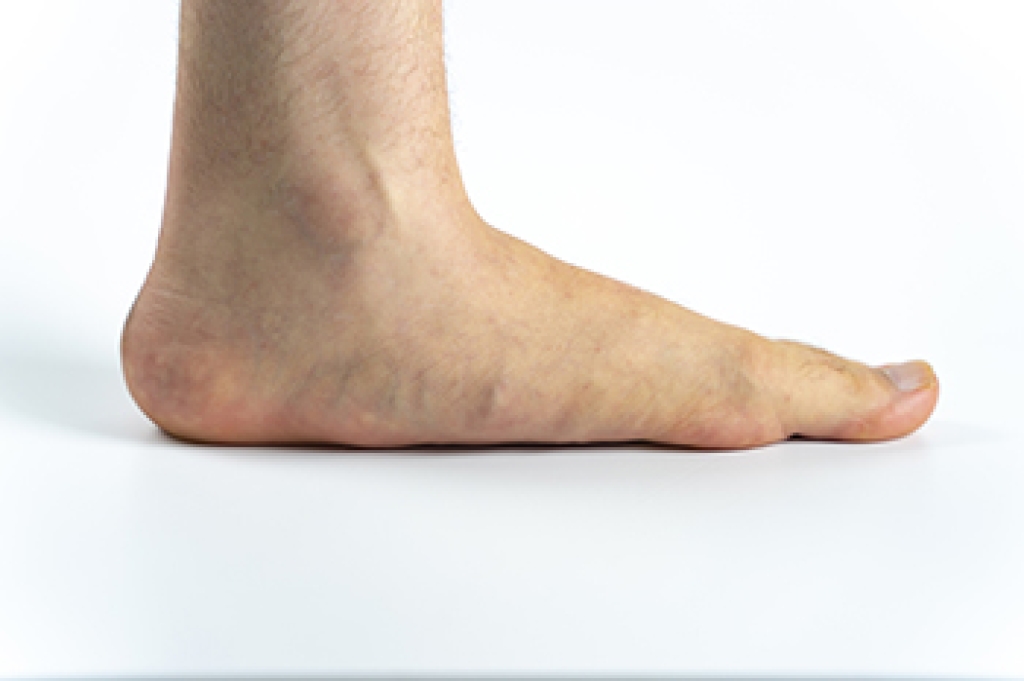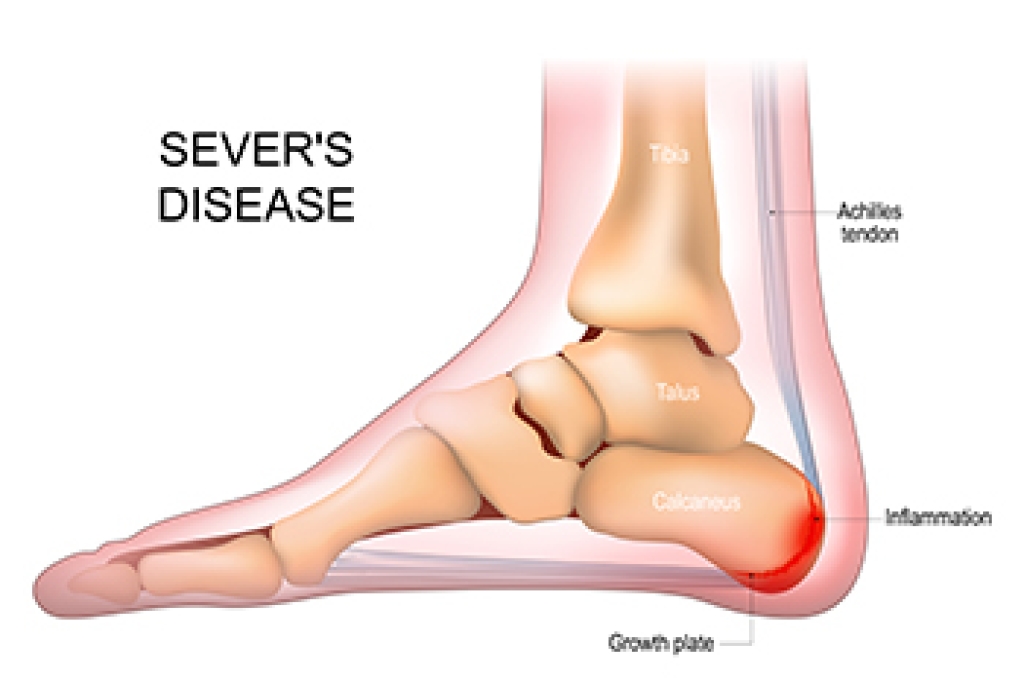
Flat feet, also known as fallen arches, occur when the inner arch of the foot collapses, causing the entire sole to make contact with the ground. There are two main types of flat feet, structural and functional. Structural flat feet are caused by bone or joint abnormalities present at birth or developed over time, resulting in permanent arch collapse. Functional flat feet occur when the arch appears normal while non-weight-bearing, but flattens during standing or walking due to ligament laxity or muscle weakness. Symptoms include foot fatigue, pain in the arch or heel, and difficulty with prolonged activity. A podiatrist can evaluate foot structure, recommend supportive footwear, provide custom orthotics, and design strengthening exercises to restore proper alignment. If you have flat feet, it is suggested that you are under the care of a podiatrist who can help you to manage this condition.
Flatfoot is a condition many people suffer from. If you have flat feet, contact Lance Greiff, DPM from Great Neck Podiatry. Our doctor will treat your foot and ankle needs.
What Are Flat Feet?
Flatfoot is a condition in which the arch of the foot is depressed and the sole of the foot is almost completely in contact with the ground. About 20-30% of the population generally has flat feet because their arches never formed during growth.
Conditions & Problems:
Having flat feet makes it difficult to run or walk because of the stress placed on the ankles.
Alignment – The general alignment of your legs can be disrupted, because the ankles move inward which can cause major discomfort.
Knees – If you have complications with your knees, flat feet can be a contributor to arthritis in that area.
Symptoms
- Pain around the heel or arch area
- Trouble standing on the tip toe
- Swelling around the inside of the ankle
- Flat look to one or both feet
- Having your shoes feel uneven when worn
Treatment
If you are experiencing pain and stress on the foot you may weaken the posterior tibial tendon, which runs around the inside of the ankle.
If you have any questions, please feel free to contact our offices located in Great Neck Bronx, NY . We offer the newest diagnostic and treatment technologies for all your foot care needs.

 Athlete’s foot
Athlete’s foot


